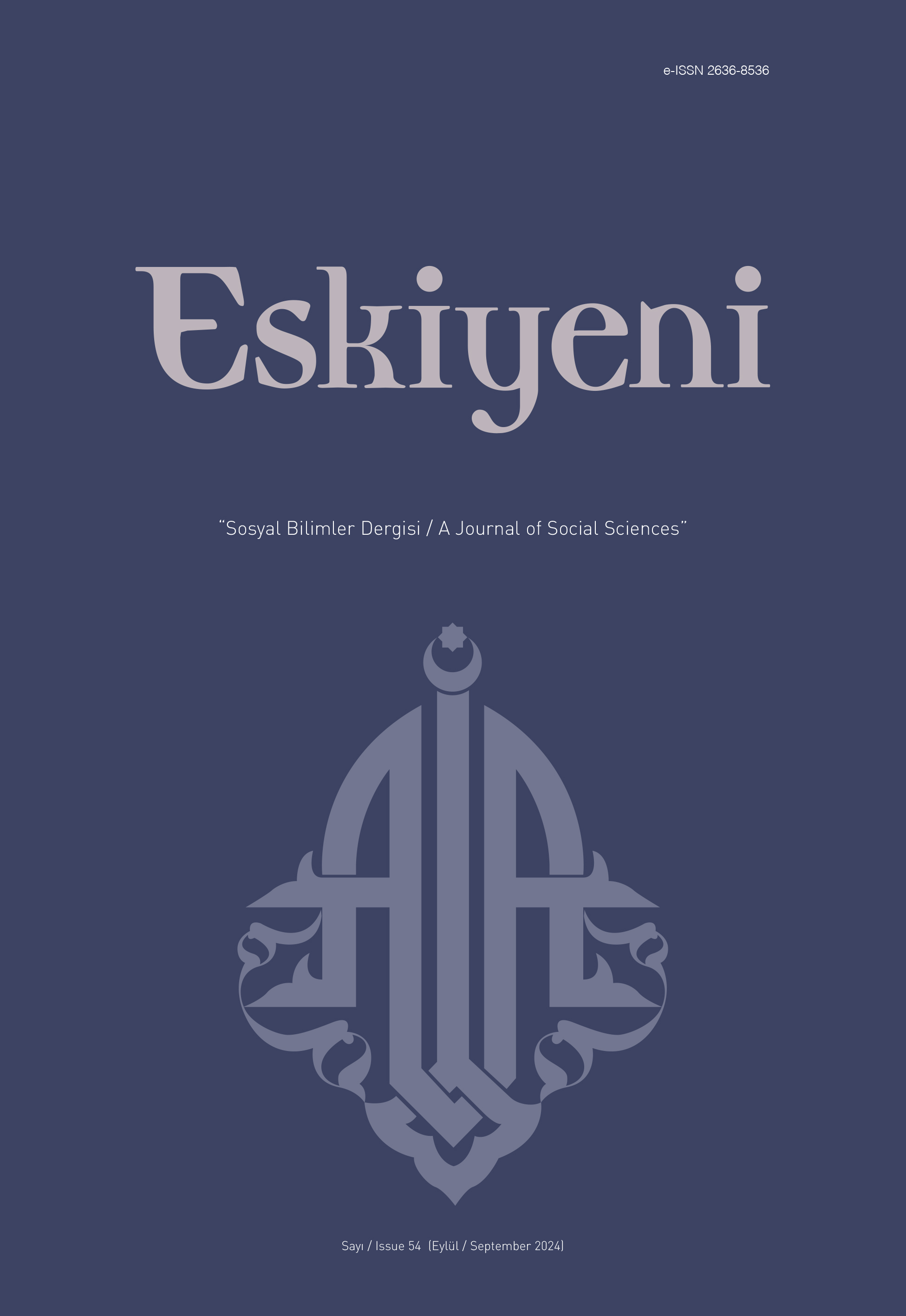Hz. Ömer ve Hz. Osman Dönemi Türk-Arap İlişkileri
Turkish-Arab Relations in the Period of Hazrat Omar and Hazrat ‘Uthmân
Author(s): Yunus AkyürekSubject(s): History, Theology and Religion, History of Islam
Published by: Anadolu İlahiyat Akademisi
Keywords: Islamic History; Periods of Hazrat Omar and Hazrat ‘Uthmān; Conquest Movements; Relations with Non-Muslim Turks; Khazars;
Summary/Abstract: The attitude of the Turks towards the Muslim-Arabs during the time of the Companions is an important issue that requires research. This is because the establishment of accurate grounds for the relationship between the Turkish element and the Arabs during the Umayyad period is largely dependent on this. For this reason, it is necessary to refer to the period of Khulafaur Rasyidin. The subject of the research is the direct relations established by the Arabs as a political entity with the Turkish element located in the north and northeast of the Arabian Peninsula during the reigns of Hazrat Omar and Hazrat ‘Uthmān. Since there were no noteworthy incidents regarding the Turks during the reigns of Hazrat Abu Bakr and Hazrat Ali, the study has been limited to the relations of Hazrat Omar and Hazrat ‘Uthmān. The purpose of the research is to chronologically examine the period of the conquest movements initiated by the generation of the companions outside the Peninsula in relation to the Turks, based on primary sources. The main goal is to contribute to the research and understanding of the Umayyad period Turkish-Arab relations in a healthy way through the character analysis of this contact. In this study, in which the narrative research technique, one of the sub-headings of the qualitative research method, was applied, it was revealed that the Turks regarded the military activities of the Muslim-Arabs against their lands during the Khulafaur Rasyidin period as an invasion, and that they often fought to protect their independence and freedom, and sometimes partially achieved this through agreements. The relations between the parties, which began and continued at a military level during the reign of Hazrat Omar, maintained this character during the reign of Hazrat ‘Uthmān. It is seen that the armies of the Caliphate failed against the Khazar Turks in this period. This had negative effects on domestic politics and the economy. It should also be noted that the failure to conquer the Khazar homeland prevented the Slavic and Eastern European peoples from direct contact with the Muslim-Arabs. In some sources, it is mentioned that during the time of Hazrat ‘Uthmān, a group including companions embarked on a campaign to the Fergana region where Turks also lived, which seems unlikely for that period.
Journal: Eskiyeni
- Issue Year: 2024
- Issue No: 54
- Page Range: 1411-1433
- Page Count: 23
- Language: Turkish

